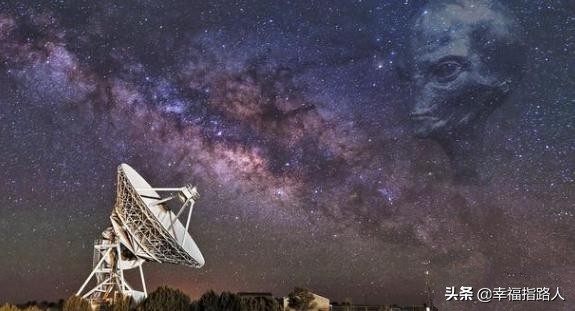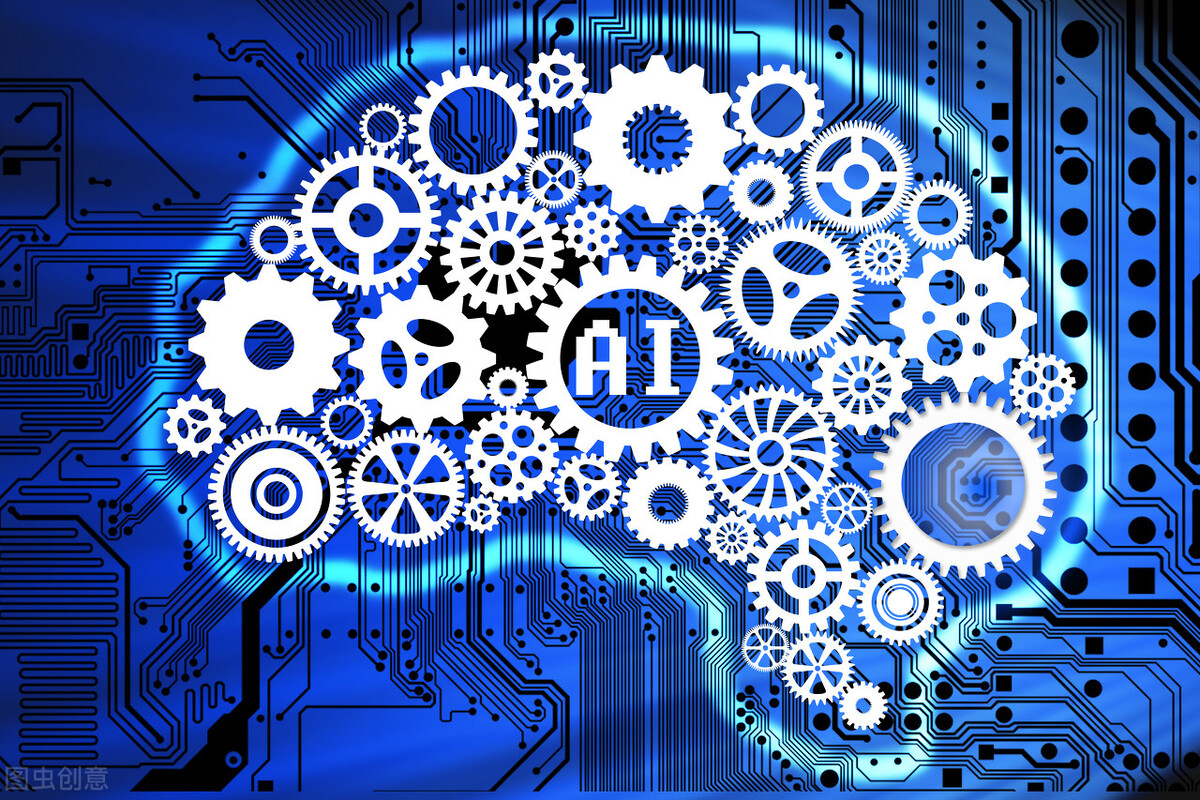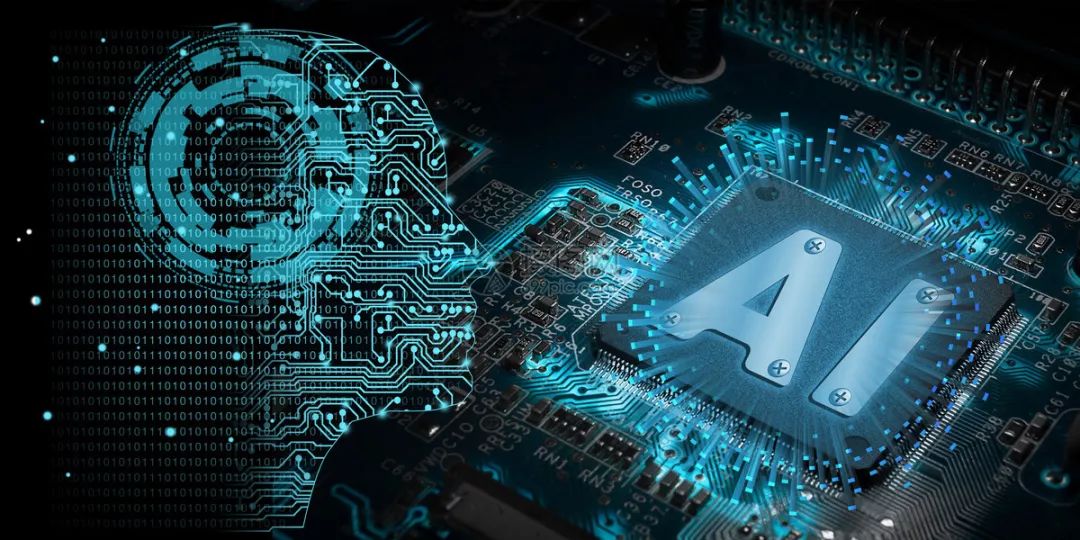Artificial Intelligence Ethics: The Moral Compass In The Misty Of Technology
Artificial Intelligence Ethics: The Moral Compass In The Misty Of Technology
When invisible intelligence quietly reshapes the cornerstone of society, a question about the essence of existence cannot be avoided: In this new era of intelligence explosion, how can we protect the dignity of human beings? The speed of technological iteration has long surpassed the boundaries of ethical thinking
When cold algorithms begin to replace human judgment, and when invisible intelligence quietly reshapes the cornerstone of society, a question about the essence of existence cannot be avoided: In this new era of intelligence explosion, how can we protect the dignity of human beings? The speed of technological iteration has long exceeded the boundaries of ethical thinking, making humans forced to face a series of unprecedented moral dilemmas when they enjoy the dividends of intelligence.
NO.1
Fuzzy subjects of responsibility: When algorithms become invisible "decision maker"
In artificial intelligence applications, responsibility ownership has become unprecedentedly complex:
This ambiguity of responsibility is essentially due to the ambiguity of the subject status of the artificial intelligence system. It is neither a "person" in the traditional sense nor a completely passive and predictable "thing". It is like an invisible ghost, wandering in the human decision-making chain, executing human will, and due to its complexity, it may produce action results that exceed the designer's expectations. Who should we blame when a critical decision is led by AI and causes an accident? Is it a programmer who writes the code, a company that provides training data, or a user who presses the start key? The causal relationship in the traditional moral framework is here to be confused.
NO.2
Transplantation and alienation of values: the "ghost" hand in algorithms
The algorithm seems objective and neutral, but actually carries specific value presets:
When these hidden value presets are applied on a large scale and automated basis through algorithms to various aspects of social life (such as credit assessment, judicial assistance, recruitment screening, and content recommendation), the impact is dual:
An algorithm has no innate values, but when it begins to perform judgments, it is like a puppet controlled by an invisible hand, quietly conveying the value tendency of the designer or the source of data - whether they are conscious or not.
NO.3
Power Reconstruction and Fair Dilution: How the Intelligent Dividend Tears a Break Society
The rise of artificial intelligence is profoundly reshaping the social power structure and resource allocation mechanism:
Artificial intelligence should be a tool to improve efficiency and benefit the public, but if it lacks strong ethical regulations and institutional guarantees, it may become an engine to solidify or even aggravate social differentiation. When minorities control the key to the algorithm, the rights and interests of the general public may be quietly diluted inadvertently.
NO.4
Worries about the marginalization of human nature: When tools backfire
The original intention of humans to create artificial intelligence is to expand their own capabilities, but excessive dependence may lead to subjective dissolution:
This kind of worry touches the essence of human beings. We create tools to be better self, not defined, eroded or even replaced by tools. As machines become increasingly "intelligent", human beings must be more alert to the unique values of their existence - emotions, moral judgment, creativity, and meaning pursuit - areas that are difficult for machines to reach are the last bastion of human nature.
NO.5
Building an ethical framework: Light up moral lighthouse in the fog
An algorithm has no innate values, but when it begins to perform judgments, it is like a puppet controlled by an invisible hand, quietly conveying the value tendency of the designer or the source of data - whether they are conscious or not.
Faced with complex challenges, building an effective ethical framework requires multi-dimensional synergy efforts:
In "Frankenstein", Mary Shelley has metaphorized the eternal moral tension between the creator and the creature - Dr. Frankenstein was eventually destroyed by his own creature after being immersed in the ecstasy of creation. The lonely creation at the end of the novel flows into the polar darkness, symbolizing the endless cold brought by the out-of-control technology.

Now, we stand at the critical point of artificial intelligence, holding more mysterious powers than steam in our hands. This power itself has no good or evil, but it is enough to reshape the trajectory of civilization. Prometheus's fire illuminated the darkness, but it also made humans understand the pain of burning for the first time. Algorithms have no values, but humans have it; machines have no moral instincts, but we must have it.
On the road of technology, only by making ethics a steering wheel of innovation can human beings avoid losing their direction in the fog of digital - what we create should not only be smarter systems, but also a more anticipated civilized future.





